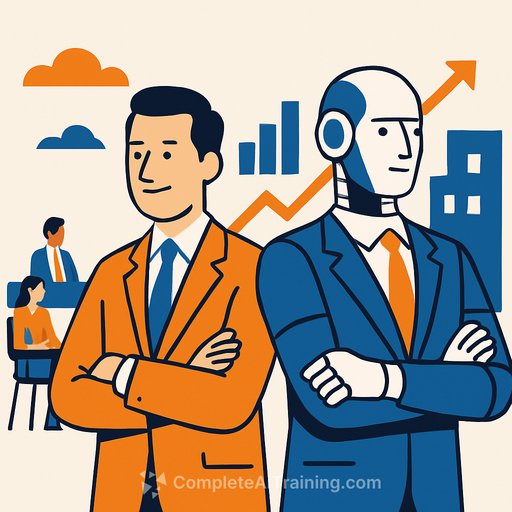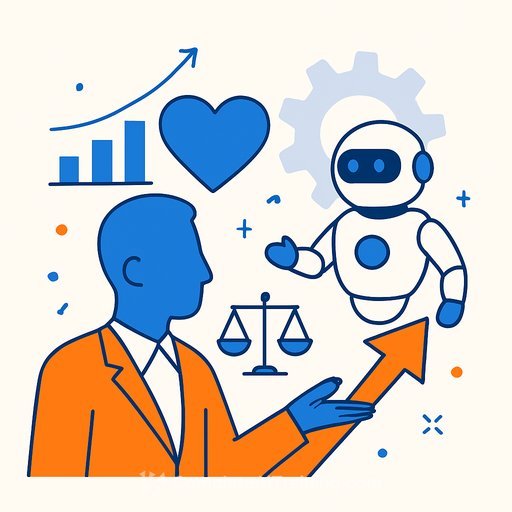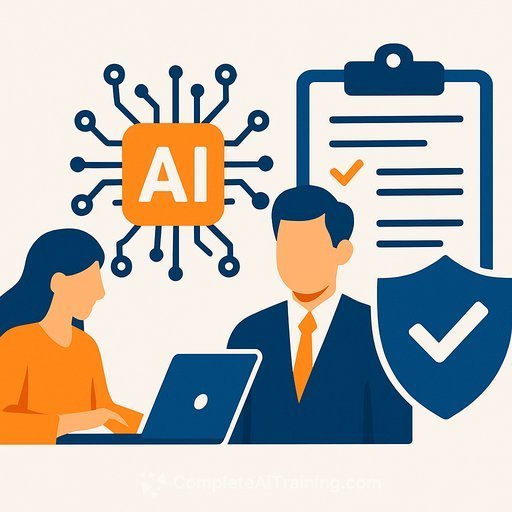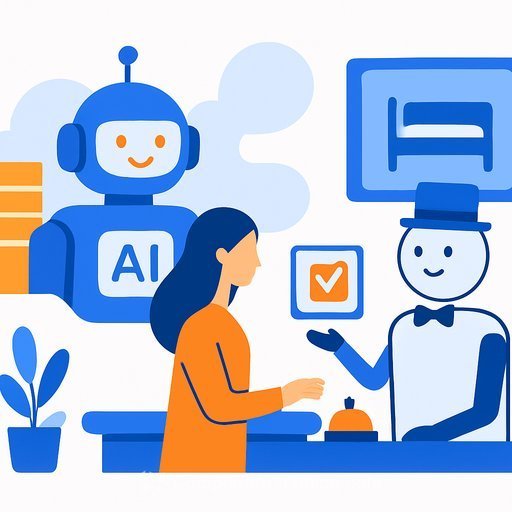The Rise of AI Co-CEOs: A New Era in Corporate Leadership
Artificial intelligence is moving beyond support roles and edging into the highest levels of corporate leadership. The idea of AI serving as a co-chief executive officer is gaining serious attention, driven by the need for efficiency and data-driven decision-making. Pressure from investors and competitors is pushing companies to consider integrating AI directly into executive functions, with some expecting this shift to become reality by 2025.
AI co-CEOs are envisioned to handle complex, data-heavy tasks such as strategic planning and operational oversight. Meanwhile, human leaders would concentrate on creative thinking, ethics, and culture. Technologies like generative AI models, which analyze massive datasets in real time, are already laying the groundwork for this change. Companies like IBM that use AI for forecasting and other executive functions are early movers in this space.
Accountability and Governance Challenges
As AI moves into leadership roles, questions about accountability become unavoidable. Will AI systems be legally responsible for decisions gone wrong, or will human executives remain the ultimate safeguard? Regulatory bodies such as the SEC are likely to demand transparency in how AI systems make decisions, to prevent bias or errors that could harm shareholder value.
Industry Perspectives and Adoption Trends
Industry data supports the growing acceptance of AI in leadership. A McKinsey Global Survey found that more than 70% of executives expect AI to reshape organizational structures soon. In sectors like healthcare and finance, where precision drives outcomes, AI co-CEOs could improve resource allocation and cut costs by up to 30%, according to PwC’s projections.
Still, there are strong voices cautioning against overestimating AI’s capabilities. For example, Deloitte’s CEO Guide to Tech Trends highlights AI’s limitations in areas requiring intuition, such as geopolitical risk management and company culture. However, examples from tech giants show AI’s influence on strategic decisions is growing, indicating a future where AI and human leadership coexist effectively.
Socioeconomic Impact and Workforce Considerations
The rise of AI co-CEOs raises concerns about job displacement among white-collar professionals. As AI takes on executive tasks, some roles may become redundant, potentially leading to workforce reductions. Reports like those from Axios on AI-driven layoffs at companies such as Anthropic underscore the need to address these socioeconomic challenges thoughtfully.
Leading Companies and Future Outlook
- Firms like NVIDIA and OpenAI are pushing the envelope on AI capabilities that could support executive-level functions.
- Investor demand for innovation amid economic uncertainty is expected to trigger pilot programs for AI co-CEOs in Fortune 500 companies by mid-2025.
- Ethical AI development remains a critical hurdle to avoid scandals and ensure responsible leadership.
Venture-backed AI startups are raising substantial funds to develop systems capable of executive cognition. This momentum signals a shift toward hybrid leadership models that blend human insight with AI’s analytical power. However, rigorous ethical standards and transparent policies will be essential to ensure AI co-CEOs contribute positively to business integrity.
Preparing for AI-Integrated Leadership
Executives and boards should start preparing for this transition by investing in AI literacy and exploring governance frameworks that address AI’s unique challenges. Understanding AI’s role in decision-making and its limitations will be key to effective collaboration between human and AI leaders.
For those interested in expanding their AI knowledge and leadership skills, resources like Complete AI Training offer courses tailored to executives navigating AI integration.
Ultimately, companies that adapt to this new leadership model may gain a competitive edge, while those that resist risk falling behind in an increasingly data-driven market.
Your membership also unlocks:





